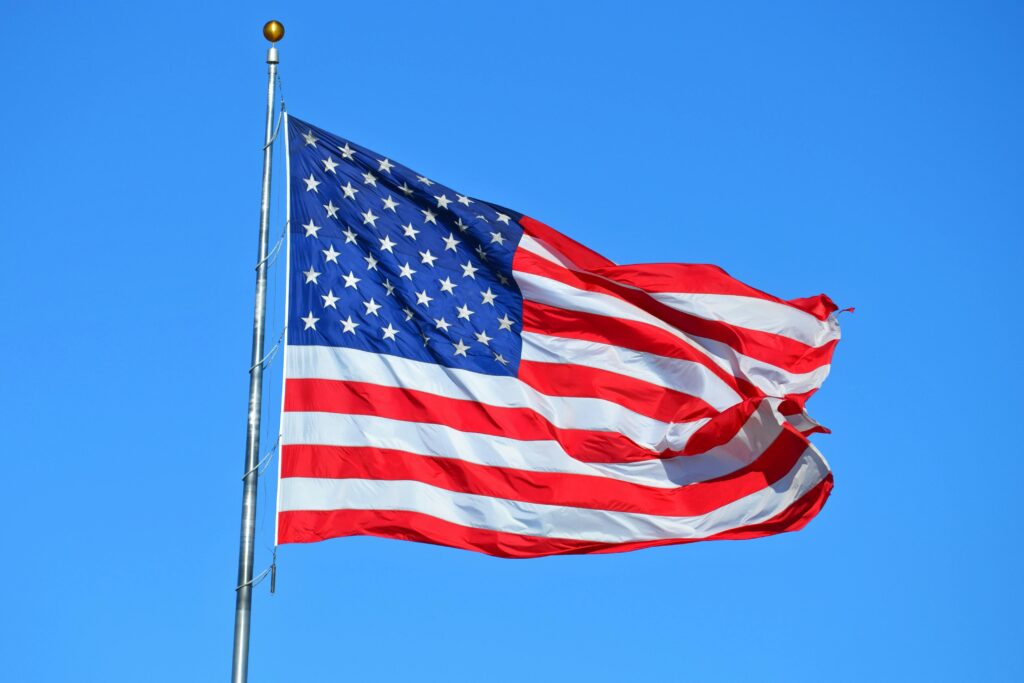US President Donald Trump has signed an executive order imposing reciprocal tariffs on trading partners and rivals. He says this move will reduce trade imbalances and protect American businesses. The new policy will match foreign tariff rates on US exports. Trump argues that this will create a level playing field for US companies.
The announcement has received mixed reactions. Supporters believe it will force foreign governments to lower their tariffs. Critics warn that it could lead to higher prices for American consumers and worsen trade tensions.
Trump Defends the New Tariffs
During the signing ceremony, Trump made it clear that no country should object to the tariffs. He said the goal is not to punish, but to ensure fair trade conditions. “Other countries impose high tariffs on us, and we just let them get away with it,” Trump stated. “That stops today.”
The executive order aims to mirror the tariff policies of US trading partners. If another country imposes a 20% tariff on American goods, the US will do the same. Trump believes this will push foreign nations to negotiate better trade deals with the US.
Economists Warn of Higher Prices
While Trump sees the move as a win for American businesses, many economists disagree. They argue that these tariffs will raise costs for US consumers and manufacturers. Companies that rely on imported materials may have to increase prices, which could contribute to inflation.
Scott Lincicome, a trade expert at the Cato Institute, criticized the decision. He stated that reciprocal tariffs could backfire, hurting US businesses that rely on global supply chains.
“Many American companies depend on imported goods to make their products. Higher tariffs will make those imports more expensive,” Lincicome said. “That means higher prices for everything from electronics to cars.”
Another concern is the potential impact on American farmers. Many agricultural products are exported to countries like China, Canada, and Mexico. If these nations retaliate with tariffs, US farmers could face declining sales.
Trump Targets VAT Taxes in Europe
Trump has also directed his administration to review value-added taxes (VATs) in Europe. He claims that VATs function as hidden trade barriers, making it harder for US companies to compete in European markets.
A senior White House official suggested that revenue from these new tariffs could help reduce the budget deficit, which currently stands at $1.9 trillion. However, many analysts question this claim. They argue that higher tariffs could reduce trade rather than generate significant revenue.
Growing Trade Tensions and Retaliation
Trump has already imposed tariffs on Canada, Mexico, and China. These countries have responded by announcing their own tariffs on American goods.
China has hit back with tariffs on US energy, farm equipment, and large automobiles. The European Union, Canada, and Mexico have also prepared countermeasures. These retaliatory tariffs could affect key US industries, including agriculture, manufacturing, and energy.
Despite these risks, Trump remains confident. He dismissed concerns from economists and Wall Street analysts, calling them unnecessary fears.
“We might see a brief bump in inflation, but it will be worth it,” Trump said. “These tariffs will bring jobs and manufacturing back to America.”
Uncertainty in Global Markets
The stock market has already shown signs of uncertainty. Investors are worried that a trade war could hurt global growth. Many companies are now assessing the impact of the tariffs on their supply chains and pricing strategies.
Trump has refused to allow government agencies to conduct detailed impact assessments. He insists that his plan will work without major complications. Critics argue that ignoring economic projections is dangerous and could lead to unexpected consequences.
The Future of US Trade Policy
With these new tariffs, Trump has taken a strong stance on trade. His supporters see this as a bold move to protect American businesses. His critics believe it could harm the economy and US global trade relationships.
One thing is certain: the coming months will reveal whether these tariffs help or hurt American consumers, workers, and industries.
For the latest updates on global trade and economic policies, visit Wealth Magazine.


